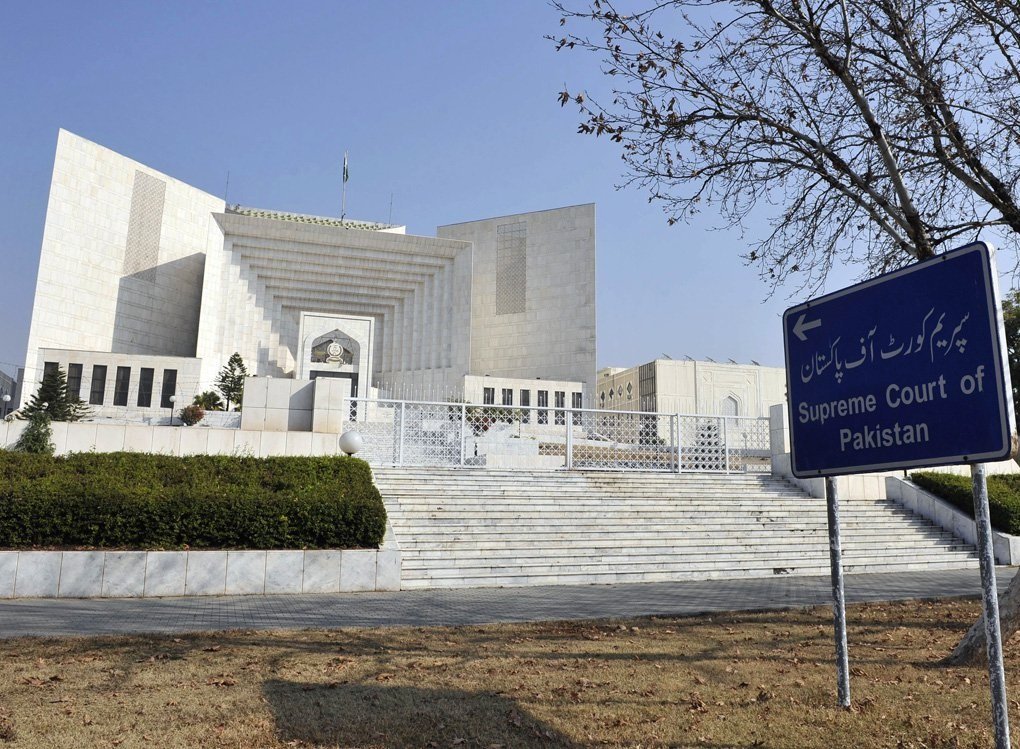
The Supreme Court on Tuesday declared that no case can be subjected to a second review by the apex court under Pakistani law.
A three-member bench, headed by Justice Umar Ata Bandial, heard a review petition on the matter of a plot allotment, when the ruling was issued.
During the hearing, Advocate Umar Aslam argued that the Supreme Court can allow a second, or even a third review of a case if required.
Justice Mansoor Ali Shah, however, stated that there is no place for a curative review in Pakistani law; “one would have to move the case to India for such a thing”.
"A second review was never allowed in life imprisonment and death sentence cases; are plot allotments more important than somebody's life?" he asked.
Justice Bandial explained that the apex court may set aside its own orders which could be a hurdle to human interest, otherwise there is no room for a second review under the Constitution of Pakistan. The Supreme Court, in a matter of public interest, can consider its own judgment as null and void, however, a second review is not a valid option, he added.
The lawyer argued that the Supreme Court can set the precedent of a second review in cases which are mishandled, and that no clause of the Constitution puts a bar on the court to review/recall its judgment.
Justice Shah said the present case was decided in the absence of the prosecution. If the lawyer fails to argue the case well, it is not the court's fault.
“If any case is poorly handled and the Supreme Court starts conducting reviews, there will be no end to litigations in the country,” he added.
Recently, after the Justice Qazi Faez Isa review verdict, the president, prime minister and others filed a curative review that was rolled back by the Supreme Court registrar due to objections.
The present verdict has clarified that no curative review is allowed as per the Pakistani law.


















COMMENTS (3)
Comments are moderated and generally will be posted if they are on-topic and not abusive.
For more information, please see our Comments FAQ